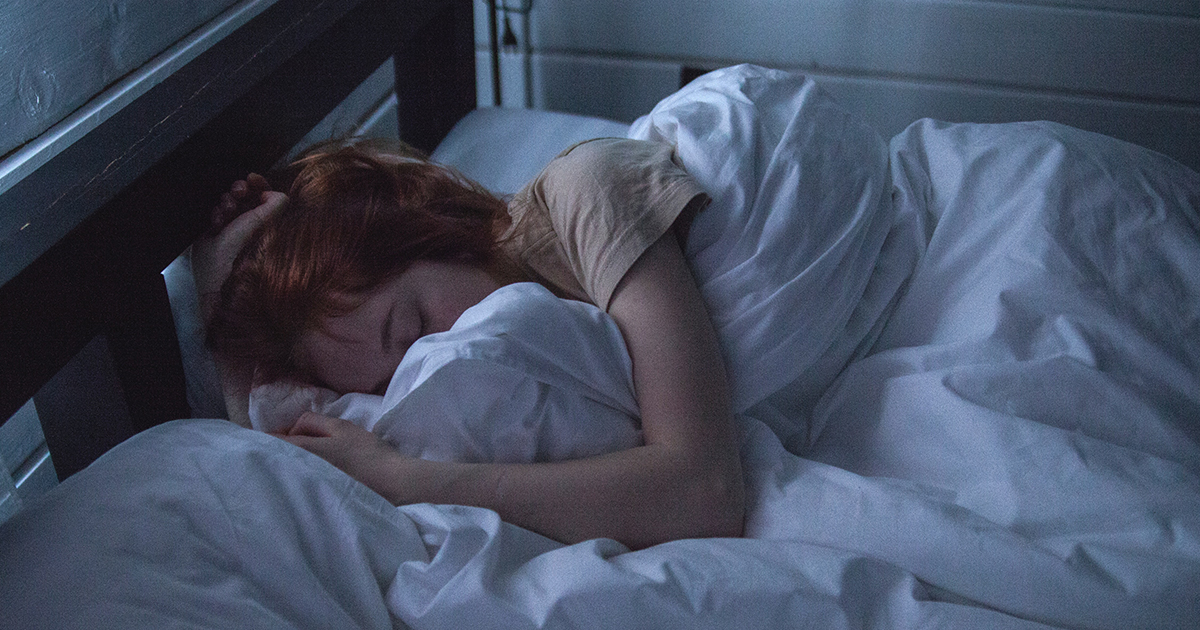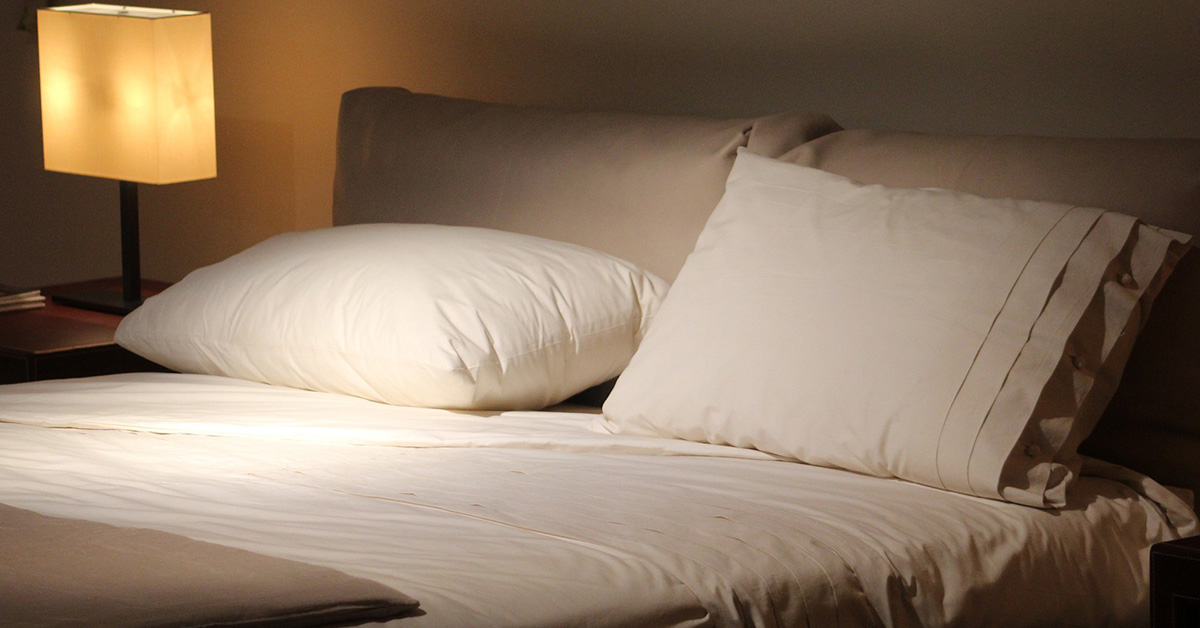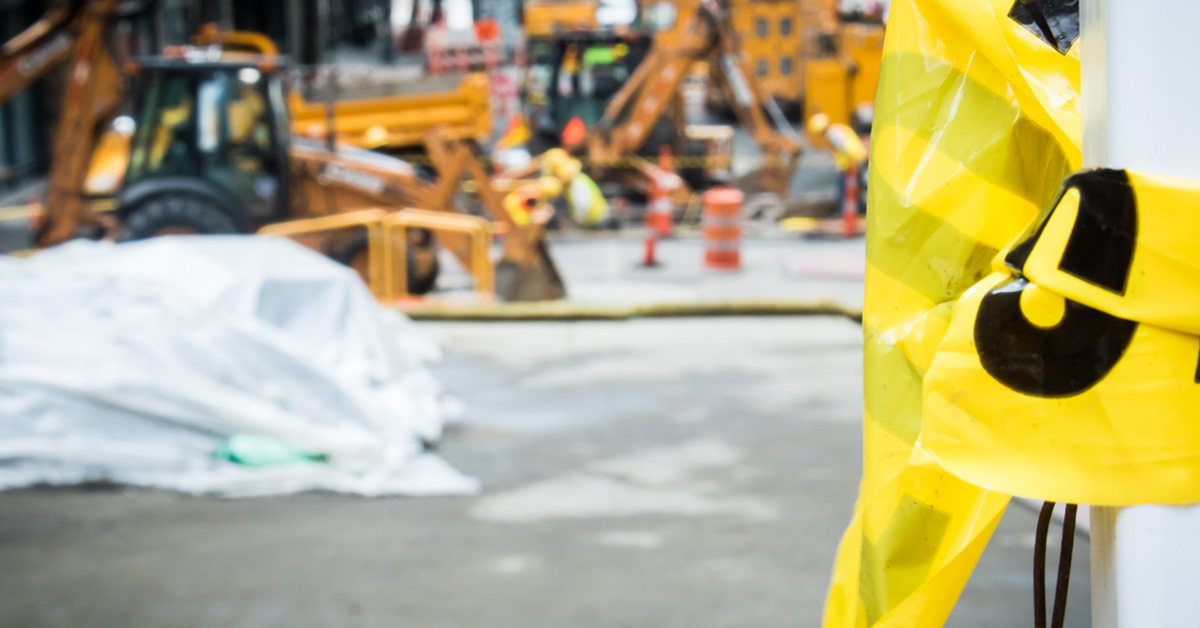Sleep quality for construction workers is essential due to hazards in this industry. Feeling tired after working five days/nights often at odd hours of the day straight with overtime? Or exhausted because you have not been sleeping well?
Workers in the construction industry can be at greater risk of shift-work fatigue and its impacts. And, at Absolute Traffic Management, safety is at the forefront of everything we do. This is why we wanted to write about the importance of sleep quality for construction workers.
Getting enough sleep and rest are essential for you to continue to work hard and keep safe whilst travelling to and from work, and whilst on the job. In this article, we will talk about the importance of getting enough sleep in the construction industry.
Today, the team at Absolute Traffic Management shares with you its advice on how to notice the symptoms of lack of sleep, its causes. And, how sleep quality for construction workers can get better. So, you minimise shift-work fatigue, feel better and more energized everyday.
Be Conscious Of The Risks Of Working When You Are Tired
First of all, sleep is believed to help restore the body physically and mentally. So, this means sleep is essential for your body and mind to function properly. And, as for any job that involves direct danger, it is particularly important to get enough sleep when working in the construction industry.
Consequently, it is essential to be conscious of the amount of sleep you get. Because not getting enough sleep and feeling fatigue impacts directly on your and other workers health, safety and workplace performance. Indeed, a lack of sleep:
Slows your reaction time
It reduces your attention to critical details, and increases the likelihood of an accident;
Causes errors and compromises your problem solving skills
A good sleep helps with attention, memory and learning;
Can lead to conditions such as heart disease
High blood pressure, diabetes, and also injury and even death as your immune system functions and your body’s inflammatory response changes. Sleep helps keep your immune system strong and your heart and blood vessels healthy, allows for healing, and helps control appetite;
Decreases your motivation
And impacts on your ability to complete tasks/duties successfully.

Notice The Symptoms Of Your Lack Of Sleep
Fatigue can affect your performance just like how alcohol does
Fatigue can affect your performance just like how alcohol does
Did you know that fatigue and lack of sleep can affect your performance on the job just like how alcohol affects your performance? In fact, according to SafeWork NSW, ‘If you’re awake for 17 hours your performance at work would be impaired at the same level as having a 0.05 blood alcohol content.
And, if you are awake for 20 hours, it’s the same as having a 0.1 blood alcohol content’. In other words, you become a risk to yourself, to your colleagues, to your employer, and to the public.
How do I know if I am suffering from a lack of sleep?
Some of the well-known symptoms of lack of sleep are:
– feeling tired;
– having excessive sleepiness;
– feeling sluggish;
– suffering from blurred vision;
– lacking energy;
– losing your appetite;
– feeling physically and mentally spent;
– being more irritable than usual;
– experiencing mood changes/swings;
– having difficulty focusing and remembering;
– having a reduced sex drive;
– or, noticing daytime fatigue
Find What Can Cause Your Lack Of Sleep
First of all, lack of sleep can be caused by one or more factors found in and out of the workplace. These may include:
– stress;
– maybe, extensive work hours and overtime (and not getting enough time to recover between shifts);
– or, changes in work and life schedules (such as moving from day to night shifts): people who work night shifts or varied schedules that disrupt their sleep may be more likely to develop depression than individuals with regular day jobs;
– mental health conditions (such as depression and anxiety);
– personal sleep habits: sleeping environment, timing of your activities, timing of your meals and what you eat or drink
– sleep disorders like apnea, insomnia or snoring;
– also, physical health conditions and medications;
– or, long commuting times;
– and, consumption of caffeine, nicotine and alcohol.
These factors will vary from one person to the other. So, it is important for you to be aware of any changes in your environment and lifestyle. And, how these changes are affecting you.
How many hours should you sleep?
Then, ask yourself how much sleep do you need? Experts agree that most adults need at least 7 hours of sleep every night to be well rested. But, this actually varies from person to person.
So, what is important is that you should sleep for the number of hours it takes for you to feel well rested, refreshed and fully alert the next day. And, if you have had a good sleep, you should not feel drowsy during the day.
If you notice you are suffering from a lack of sleep:
Firstly, it is important to review and comply with your organisation’s and employer’s policies and procedures relating to fatigue and tiredness.
Also, talk to your supervisor if you think you’re at risk of fatigue and tiredness.
Try Out These Tips To Get A Better Sleep
To ensure you are properly rested the next day, here are 10 habits that can help you sleep well. Try some of these ideas to sort your sleeping:
Keep developing a regular sleep-wake cycle
So, this might not be possible when you undertake shift work. But, try as much as you can to go to bed and wake up at the same time every day even on the weekends.
Sleep the right amount of hours for you
If 8 hours is generally recommended, avoid spending more than 8.5 hours in bed. And, sleep before work so you establish the routine of getting up and going to work. Also, if you work at night, sleep during the day. Don’t do your normal day activities and they go to work.
Avoid caffeine, alcohol, and nicotine in general
Especially in the four to six hours before bedtime. And, you should also avoid sleeping pills because they don’t address the cause of your sleeping issues. In addition, they can be addictive.
Practice daily exercise
A light to moderate-intensity activity like yoga, stretching, walking, swimming, biking, or light weightlifting may help you fall asleep faster and get better quality sleep. It will help you relax, reduce anxiety, and normalize your internal clock. But, avoid vigorous activity within 2 hours of bedtime and let your body wind down at least 1 hour / 1 hour ½ before you head to bed.
Avoid eating meals within 2-3 hours of bedtime
It will help manage your weight as your body will digest better. And, you will feel better when you wake up, hungry for breakfast which will bring energy for the day. Having your last meal a few hours before bed will avoid mental exhaustion, nightmares, sleeping troubles. It is fine to have a little snack before bedtime though.
Do not nap more than 30 minutes and not during the 4 hours before going to bed
A 10 to 20 minutes nap might seem short if you feel tired, but you will realize that it is often enough to leave you feeling more alert and refreshed.
Sleep in a dark, quiet room with a comfortable bed and temperature
Ensure the people you live with know when you sleep and shouldn’t be disturbed.
If you cannot fall asleep within 20 minutes, do a quiet activity (read, stretch…)
Somewhere else and return to bed when you are sleepy.
Wind down in the 30 minutes before bedtime
With a relaxing pre-sleep ritual such as a warm bath/shower; soft music; soft lights, meditation, warm drink, write down your thoughts, or read a relaxing book.
Turn off electronic devices
Finally, turn off technology. Don’t use computers, TV or your phone for sleep. And, keep them away from your sleeping area if possible.
Sleep Quality For Construction Workers: A Priority
To conclude, we hope these tips will help you manage your sleep and feel energized when you wake up. In short, remember it is essential to make sleep a priority when working in a physical and mentally demanding industry such as construction.
And, if you continue to struggle with a lack of sleep and fatigue, you can get your sleep treated: book an appointment to speak with your GP.
Read also How to avoid fatigue on shift work and contact us if you have any issues you’d like to discuss.









